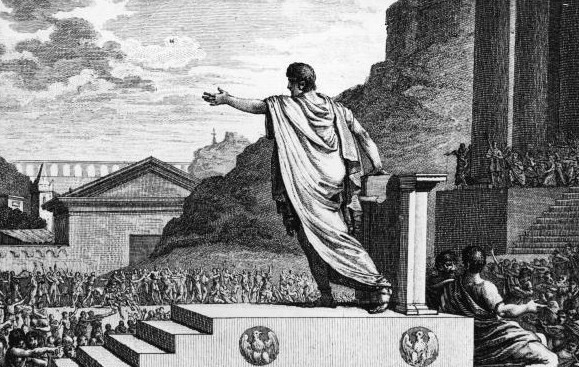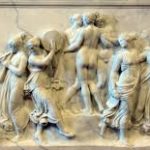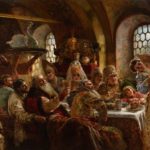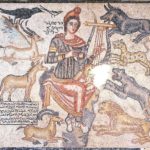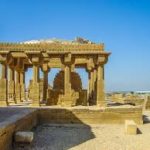The political history of Rome is elaborate but interesting. But here, only a discussion on the two ancient Roman political parties is attempted.
Rome, in its origin, was a feudal state.
Populares Rome who were the optimates
It was in 509 BC that Rome began to be a populist republic when the last king Tarquinius Superbus was overpowered by the revolution. The two major political groups, the patricians, and the plebeians emerged around this time.
Ancient Roman Political Parties
There were two major Roman political parties in ancient Rome, the optimates or the senatorial party and the popular or the people’s party.
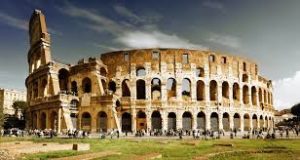
The former stood for the patricians and the latter for the plebeians. The optimates were the conservative majority in the late Roman republic. They were the ‘best people’ of Rome. They favored the nobles.
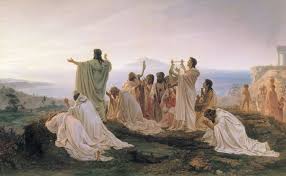
They were the aristocrats who believed that the power of popular assemblies should be reduced and that of the Senate should be increased. They defended the customs and traditions of the land.
Traditional Rights
They consisted of the old privileged classed of Rome who was not willing to give up their traditional rights.
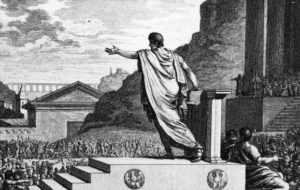
Lucius Cornelius Sulla, Lucius Licinius Lucullus, Cato the Younger, Titus Annius Milo, Marcus Calpurnius Bibulus and Marcus Junius Brutus were the important optimates.
Roman Populares
The Populares were the leaders of Rome who thought people’s will to be the basis of political power. They opposed the optimates. It is true that some popular never cared for the people and worked for their own interests and some were even patricians or noble plebeians holding senatorial rank.
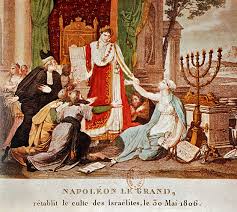
The popular had several demands such as the extension of citizenship to provinces, cancellation of debt and distribution of land. They were not conservative compared to the optimates. Important popular were Gracchi brothers, Gaius Marius, Lucius Cornelius Cinna, Publius Clodius Pulcher, Marcus Licinius Crassus, and Pompey.
